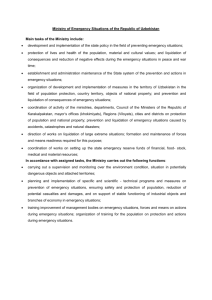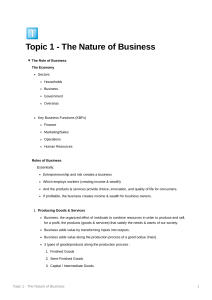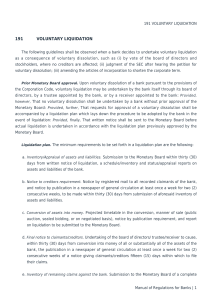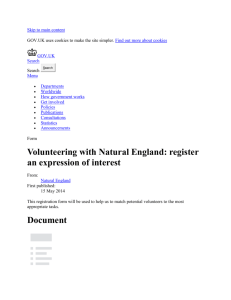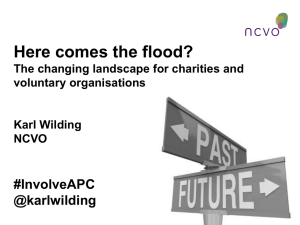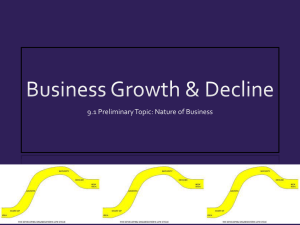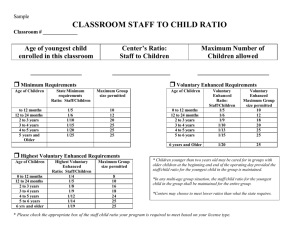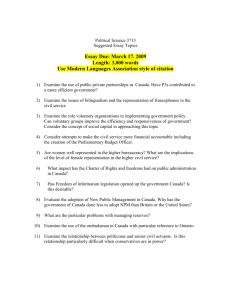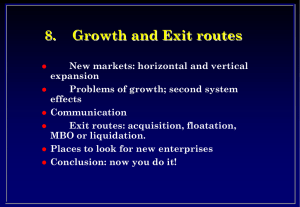Liquidate your limited company
advertisement
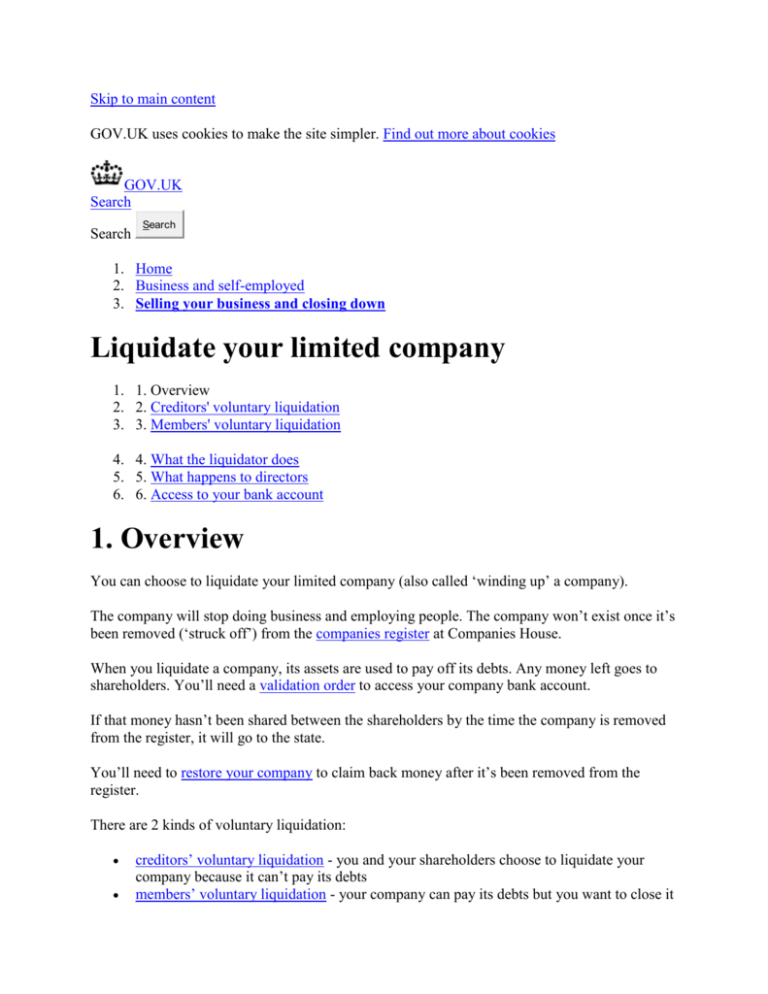
Skip to main content GOV.UK uses cookies to make the site simpler. Find out more about cookies GOV.UK Search Search Search 1. Home 2. Business and self-employed 3. Selling your business and closing down Liquidate your limited company 1. 1. Overview 2. 2. Creditors' voluntary liquidation 3. 3. Members' voluntary liquidation 4. 4. What the liquidator does 5. 5. What happens to directors 6. 6. Access to your bank account 1. Overview You can choose to liquidate your limited company (also called ‘winding up’ a company). The company will stop doing business and employing people. The company won’t exist once it’s been removed (‘struck off’) from the companies register at Companies House. When you liquidate a company, its assets are used to pay off its debts. Any money left goes to shareholders. You’ll need a validation order to access your company bank account. If that money hasn’t been shared between the shareholders by the time the company is removed from the register, it will go to the state. You’ll need to restore your company to claim back money after it’s been removed from the register. There are 2 kinds of voluntary liquidation: creditors’ voluntary liquidation - you and your shareholders choose to liquidate your company because it can’t pay its debts members’ voluntary liquidation - your company can pay its debts but you want to close it Your company may be forced into compulsory liquidation if it can’t pay its debts. Next Creditors' voluntary liquidation Print entire guide Last updated: 10 February 2016 Selling your business and closing down Company Voluntary Arrangements Wind up a company that owes you money Closing a limited company More in Selling your business and closing down Business and self-employed Company director disqualification Find an insolvency practitioner More in Business and self-employed Return to top ↑ Help us improve GOV.UK Don’t include personal or financial information, eg your National Insurance number or credit card details. What you were doing Send What went wrong Services and information Benefits Births, deaths, marriages and care Business and self-employed Childcare and parenting Citizenship and living in the UK Crime, justice and the law Disabled people Driving and transport Education and learning Employing people Environment and countryside Housing and local services Money and tax Passports, travel and living abroad Visas and immigration Working, jobs and pensions Departments and policy How government works Departments Worldwide Policies Publications Announcements Support links Help Cookies Contact Terms and conditions Rhestr o Wasanaethau Cymraeg Built by the Government Digital Service Open Government Licence All content is available under the Open Government Licence v3.0, except where otherwise stated © Crown copyright
